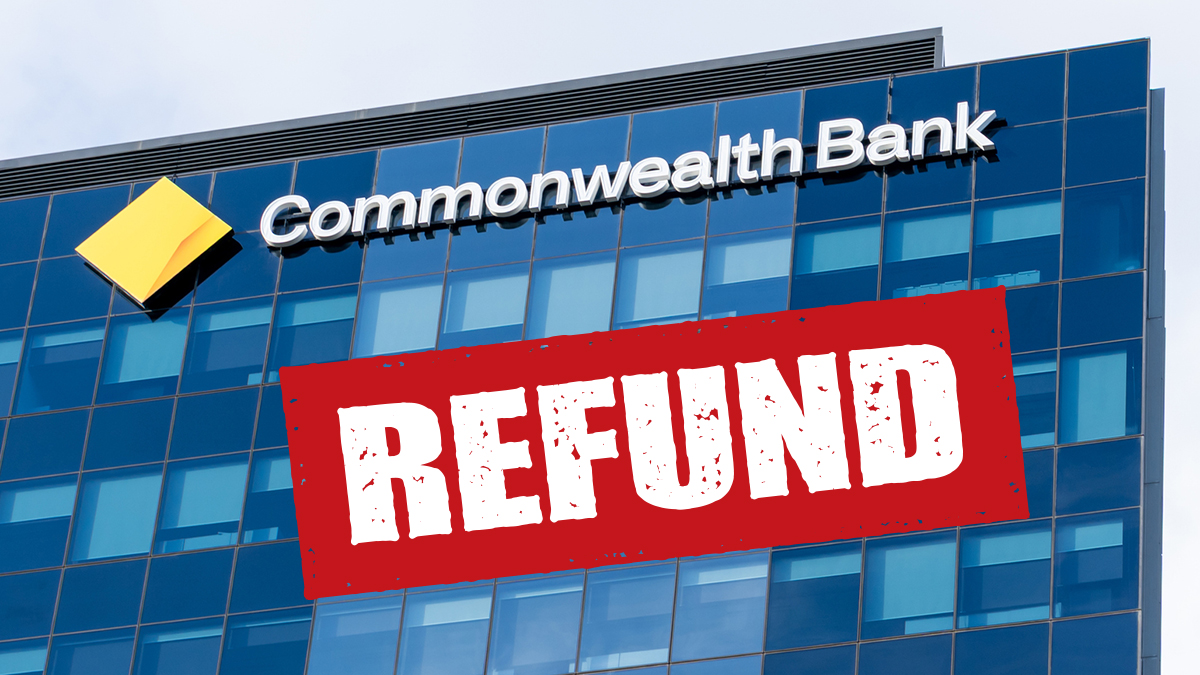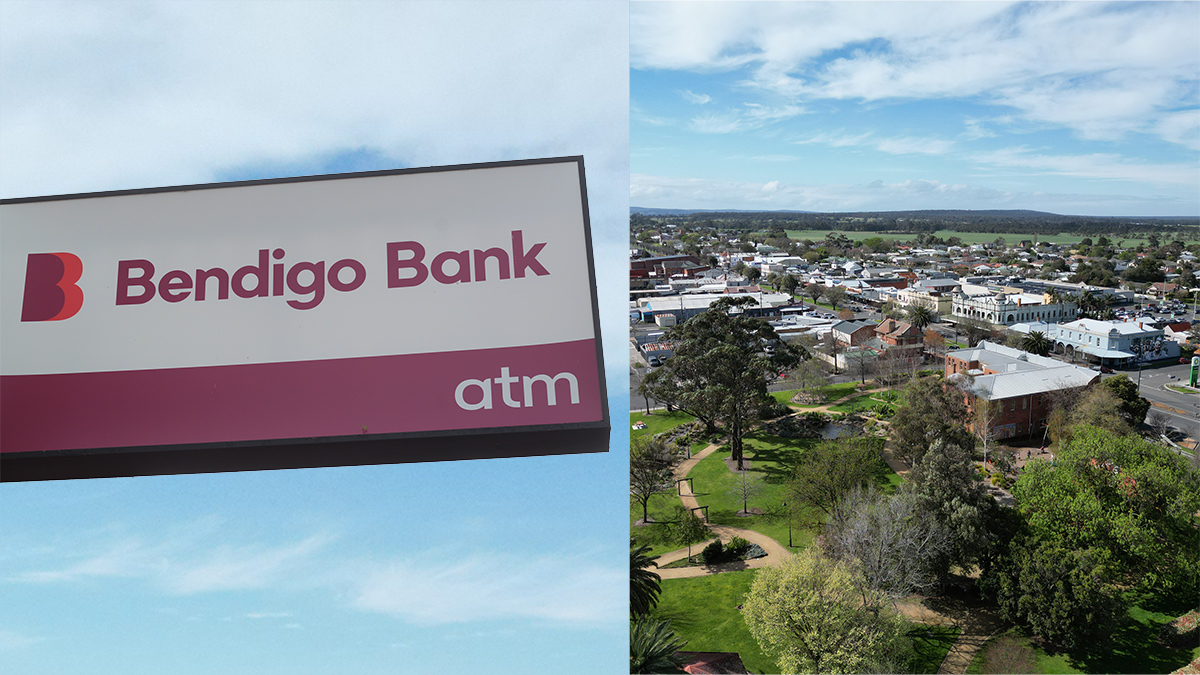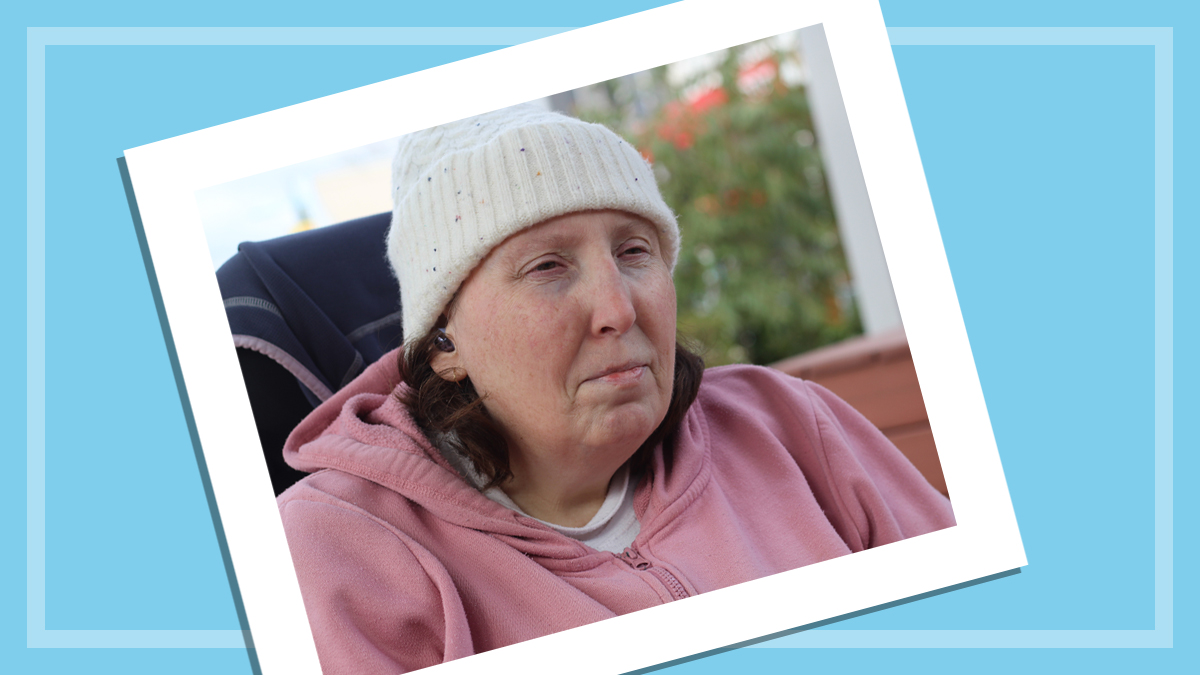Get our independent lab tests, expert reviews and honest advice.
Why safe lending laws are too important to lose

One of the most poignant stories to come out of the banking royal commission was that of Robert Regan, a pensioner with an acquired brain injury who fell victim to an online romance scam. To pay the scammer, Robert applied for a $50,000 loan from ANZ via a broker.
Rather than thoroughly assess Robert’s financial situation, the broker fudged the paperwork, leaving Robert with a loan that he couldn’t afford to repay.

What’s more, the 30-year loan term meant he’d be paying off the loan well past his 100th birthday.
Robert had to rely on charities for food and groceries, but despite not having enough money to live on, ANZ refused Robert hardship assistance. His only option was to consider selling his home.
Robert should never have been given this loan, and if the broker had followed the rules regarding safe lending he would never have been put in this position.
Recent history of safe lending
It was irresponsible lending behaviour like this that led to the global financial crisis (GFC), and to the many scandals that were revealed in the banking royal commission. This showed again and again that the banks can only be trusted to look out for themselves, not for consumers.
We need safe lending laws to hold the banks accountable, so they don’t keep giving loans to people who can’t afford them
In 2009, the federal government implemented safe lending laws in response to the GFC, and many years of legal services highlighting the harm of bad lending practices. The laws require banks to ensure that people will not end up in significant hardship from a loan.
Yet, last year, the government announced that it plans to do away with these laws – the very laws intended to stop irresponsible lending practices, such as those that cost Robert Regan so dearly, and that have caused heartache and struggle for thousands of other Australians.
Watch: 'The bank was preying on me'
Banks and the business of debt
The banks’ business is debt, and more debt means more profit for the banks. They only want to sell more loans – the human consequences are an afterthought.
We need safe lending laws to hold the banks and other financial services accountable so they don’t keep giving loans to people who can’t afford them.
As the royal commission showed, even with these laws in place, the banks still can’t be trusted to do the right thing. If these laws were rolled back, there’s no doubt we’d see even higher levels of debt than we already have – with more families losing their homes and people driven to extreme financial hardship.
Our financial counsellors speak every day to people who are overwhelmed by their debt. Some of them are suicidal
Gerard Brody, CEO, Consumer Action Law Centre
“At Consumer Action, our financial counsellors speak every day to people who are overwhelmed by their debt,” says Gerard Brody, CEO of the Consumer Action Legal Centre.
“Some of them are suicidal. Some of them are considering bankruptcy. Others are on the verge of homelessness. And so we are concerned that these rollbacks will contribute to exacerbating these sort of harms.”
Why consumer groups are joining forces
CHOICE has come together with the Consumer Action Law Centre, Financial Counselling Australia and the Financial Rights Legal Centre to fight the government’s proposal to roll back safe lending laws. We’ve united because we know just how damaging it will be for both the economy and individuals if the laws are axed.
This is an issue that affects everyone. At some stage in our lives, just about all of us will apply for a loan
This is an issue that affects everyone. At some stage in our lives, just about all of us will need to apply for a loan – be it a credit card, a home loan, a car loan or a personal loan. So any one of us could be impacted by unfair lending practices and end up homeless, unable to afford rent or the basic necessities.
On Friday 19 February, CHOICE joined our allies and took the fight to Canberra and spoke with the Senate Economics Committee, which held public hearings into the changes.
Please consider joining our campaign to save safe lending laws. Add your voice to our open letter and help keep Australia’s banks responsible for the debt they sell and profit from.





